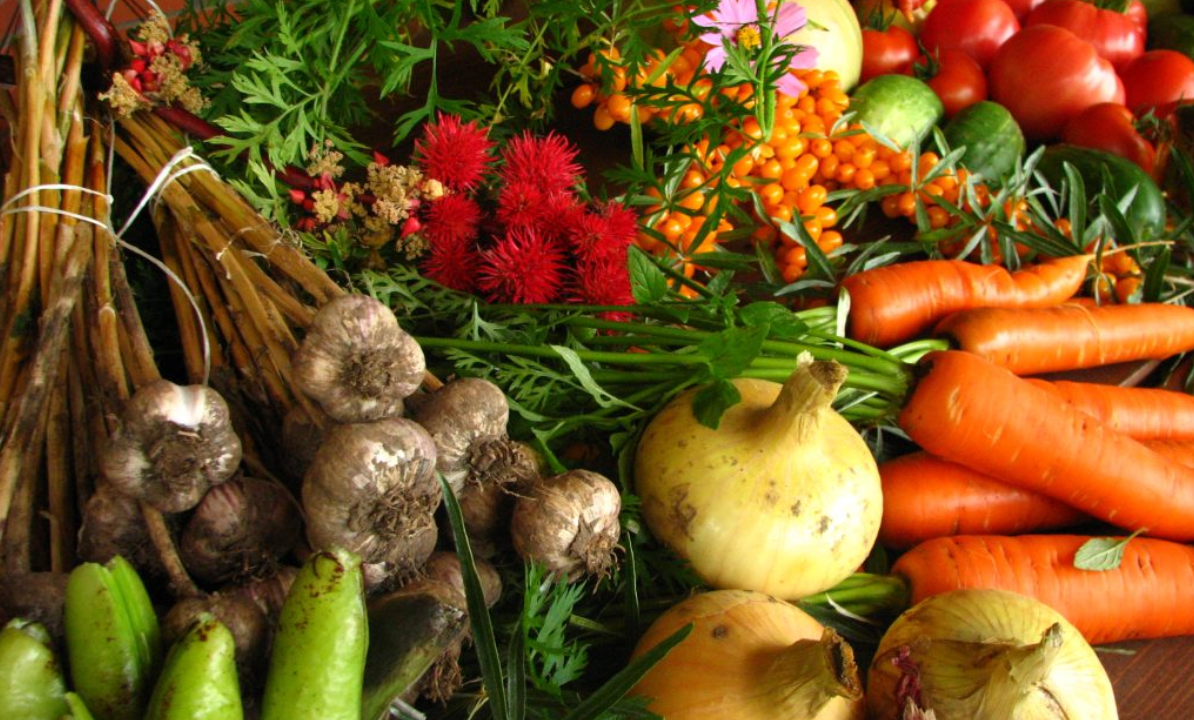The largest certifier of organic land in the UK, OF&G (Organic Farmers and Growers) has published its manifesto ‘Championing organic within agricultural policy’ to highlight the key advantages of the organic approach in response to the unprecedented transitional upheaval in the farming sector.
OF&G chief executive, Roger Kerr, believes that terms like regenerative and agroecological, which lack legally defined, whole-system standards, create increasing confusion.
“We are asking that organic, with its proven ‘real world’ evidence of delivery, is given clear and unambiguous recognition,” said Kerr.
“Policymakers must acknowledge organic’s potential to contribute positively to the challenges we all face, in alleviating the social and environmental impacts of our farming and food system.”
The blueprint sets out the case for why policymakers should consider organic and to help farmers, food businesses and consumers recognise the multiple benefits organic delivers.
“Time is running out for prudent decisions to be made within Defra [Department for Environment, Food and Rural Affairs],” Kerr added.
“A lack of detail and continuing uncertainty is hampering the development of agricultural policy and regulation which, in turn, means farmers are unable to make long-term plans.”
Kerr continued:
“OF&G has been lobbying continuously on behalf of our licensees to secure organic’s inclusion within future farming-policy frameworks.
“Progress feels very slow when, in our opinion, the legal regulatory framework that already underpins organic farming, also offers a firm basis to help deliver on Defra’s stated aims for the provision of public goods in a substantive and cost-effective way.”
Stablishing ten core reasons why organic deserves to be acknowledged, the manifesto by OF&G covers key issues, i.e. globally recognised standards; transformative farming practices; food supply chain; carbon sequestration; biodiversity enhancements; and market opportunities.
The manifesto also features a case study based on one of Defra’s Test and Trials, run on the organically managed Cholderton Estate in Wiltshire.

